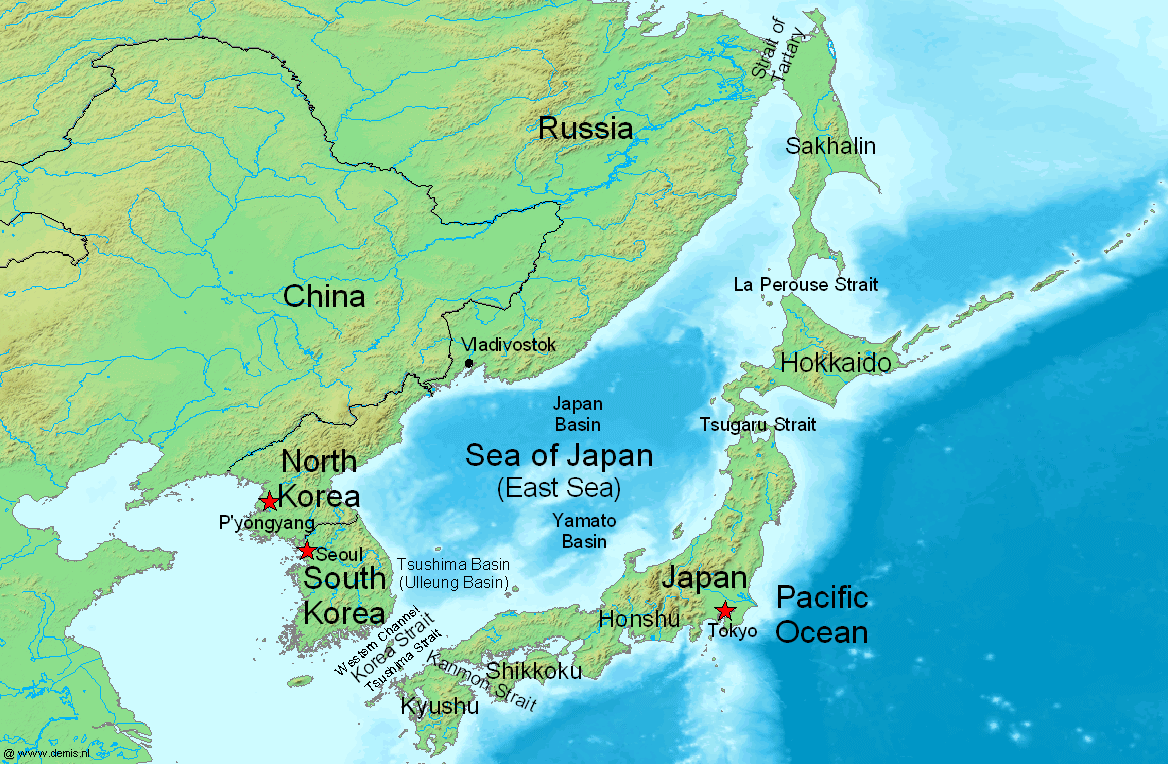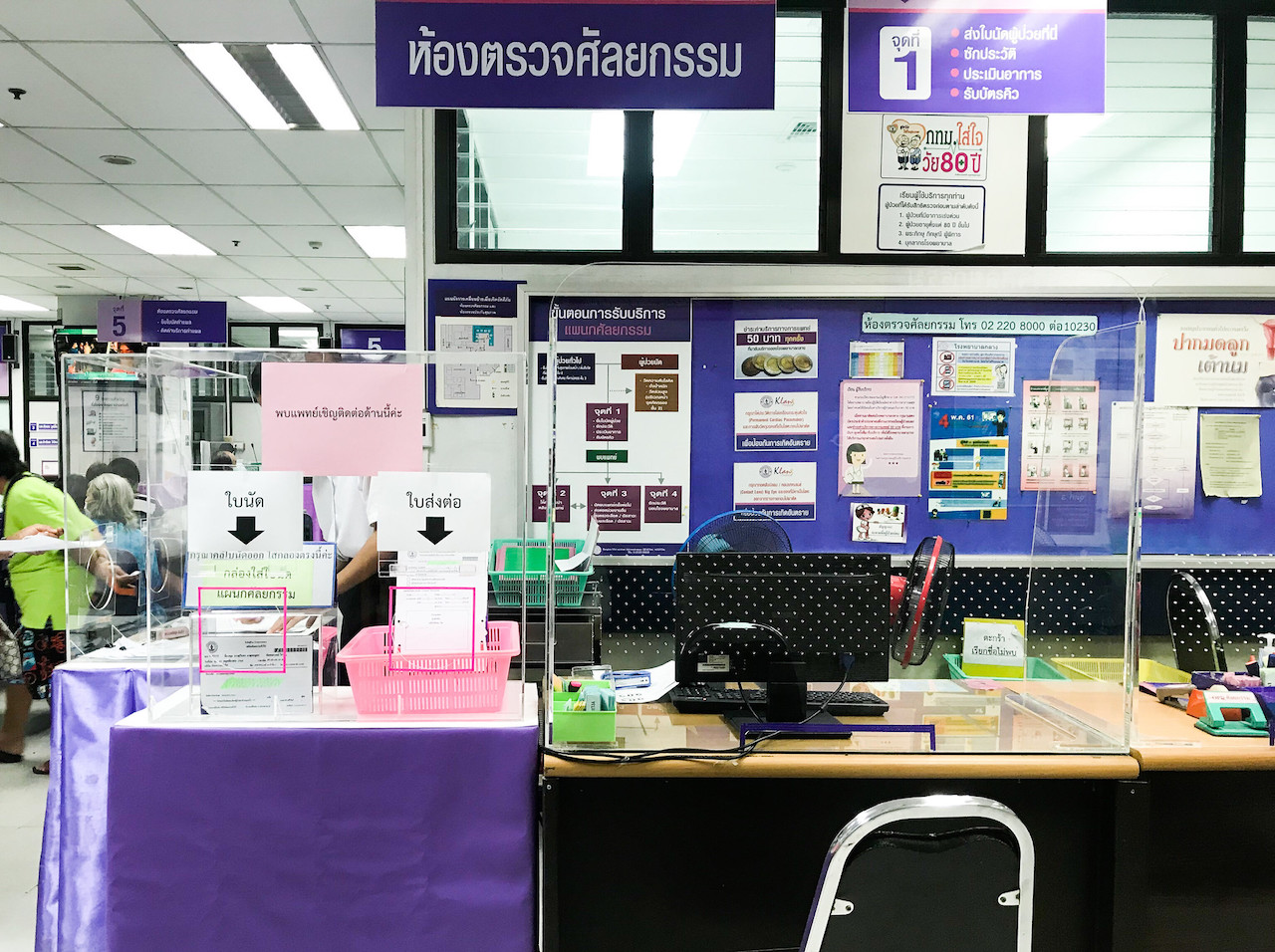BANGKOK (NNT) – The Department of Disease Control (DDC) has assured the Thai public that no instances of necrotizing fasciitis, a dangerous bacterial infection often referred to as a “flesh-eating” disease, have been reported in Thailand this year. The announcement comes amidst a concerning rise in cases in Japan, where health authorities are examining the potential link between the uptick and the recent relaxation of COVID-19 precautions.
People in Thailand’s Nan province warned of flesh-eating disease
The DDC highlighted the effectiveness of COVID-19 measures in also preventing such bacterial infections, noting that over 200 types of bacteria could cause necrotizing fasciitis, with Group A Streptococcus being the most prevalent.
Statistics from the DDC show that Thailand witnessed a total of 106,021 cases of necrotizing fasciitis from 2019 to the end of last year, resulting in 1,048 fatalities. Despite this, the incidence rate saw a decline to 27.35 per 100,000 people in 2023, with cases typically peaking between June and July. Treatment usually involves hospital care, antibiotics, and sometimes surgery to combat the swiftly spreading infection.
Full story: National News Bureau of Thailand
Krajangwit Johjit
National News Bureau of Thailand





















+ There are no comments
Add yours